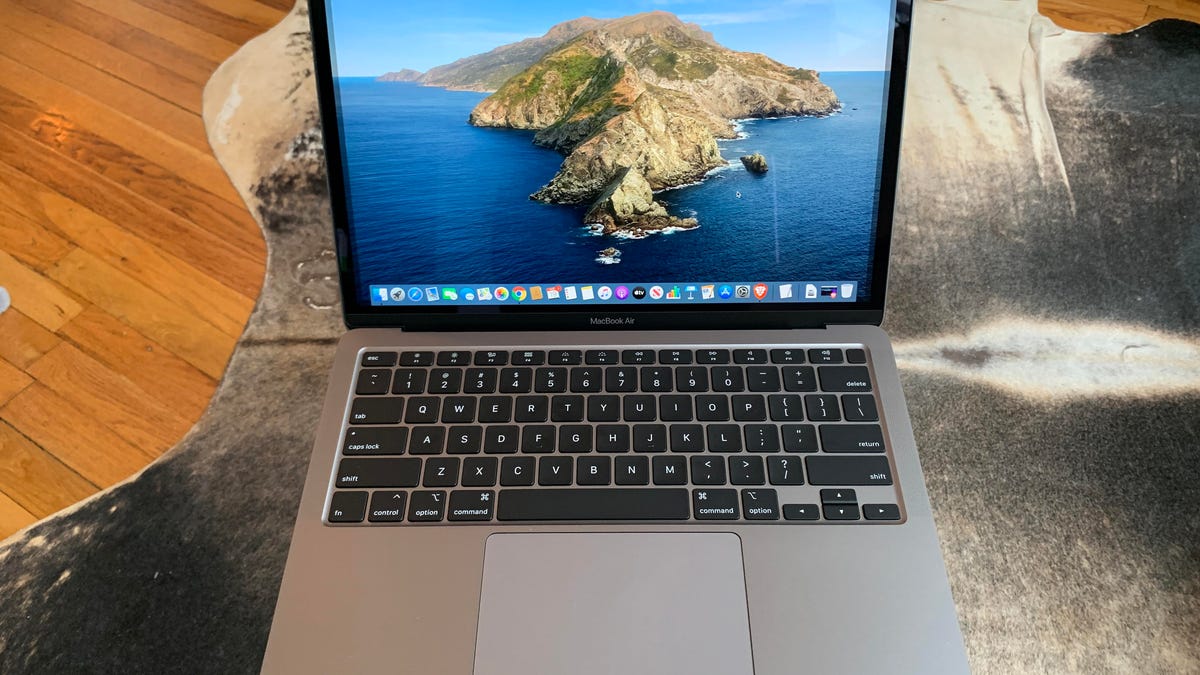Now What: How work-from-home is evolving
With remote working now the accepted norm, home offices need to evolve beyond the short-term setups of the past six months.

Summer is drawing to a close and students are preparing school semesters that will likely play out as remote learning. Workers, at least those fortunate enough to be able to carry on from home, are entering their third quarter of remote work. The former may need a more permanent study solution for classes designed from scratch to be taught online. The latter may need to upgrade beyond barebones technology setups quickly cobbled together in the early spring.
In this episode of our ongoing Now What video series, CNET editors Jason Hiner and myself talk about how work or study tech needs are changing, and how people can upgrade their at-home setups without spending a ton.
"I really judge a lot a lot of what the zeitgeist is by the questions I get," I say in opening the discussion. For example, when Apple released two new MacBooks over the course of several weeks in March, I was flooded with reader questions about how to choose between them, or how to find similar options that are less expensive.
"We're in the middle of a global economic downturn, people are more budget-conscious," says Hiner. That also means finding ways to upgrade on the sly, such as using your phone as a high-end webcam for better Zoom meetings or giving a middle school student a bigger-screen Chromebook instead of a full-features Windows or MacOS laptop.
Also key is thinking about ergonomics and accessories. "You don't have an IT department anymore," I say. "You don't have a supply closet at the office you can raid and get a mouse or anything...It's like buying a car, it's the accessories that get you."
More resources:

